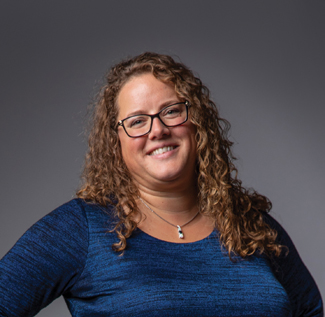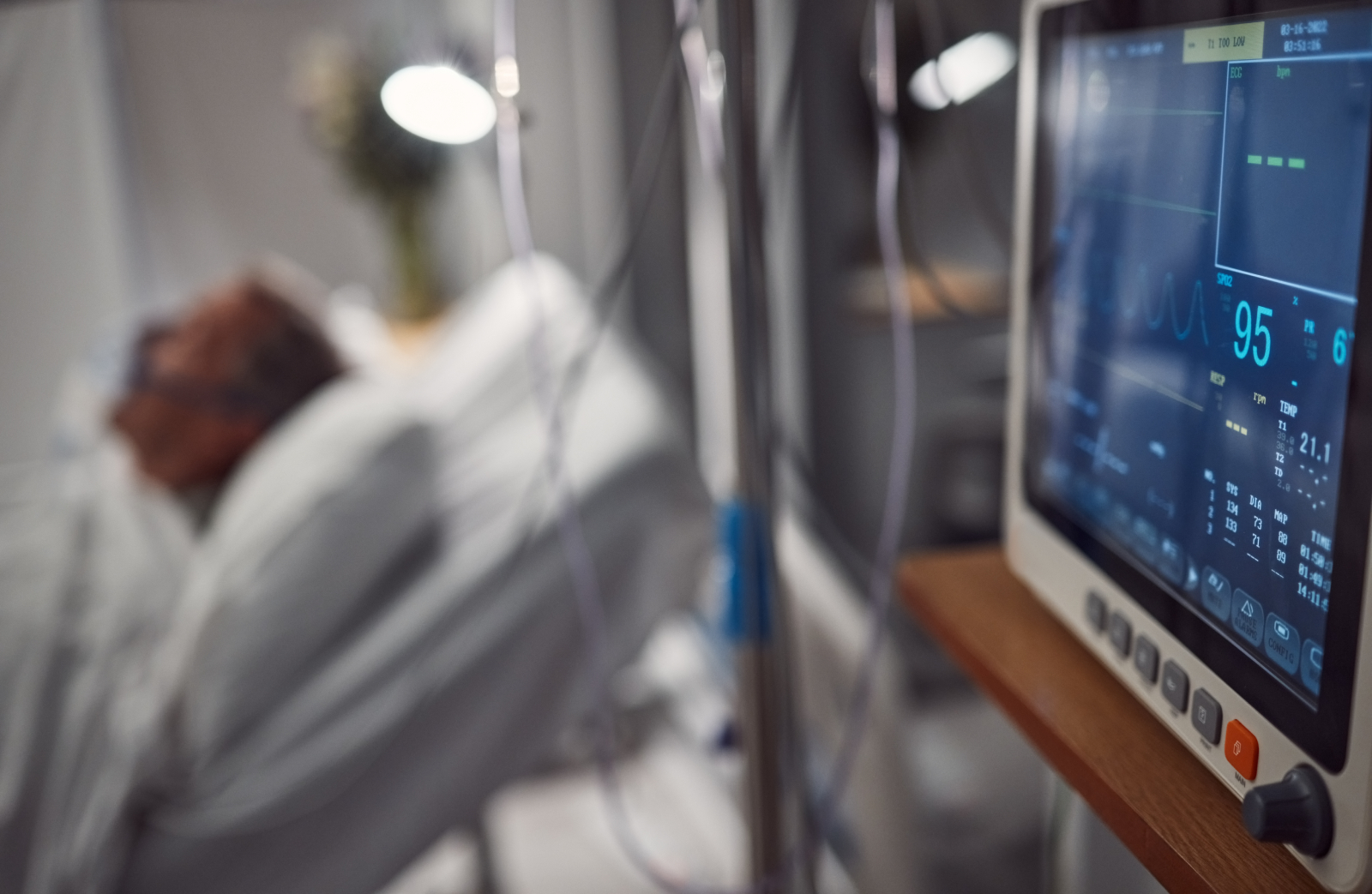Leanne Boehm, PhD’16 and assistant professor of nursing, has received a grant of more than $3.6 million over five years to examine, with her collaborators, the efficacy of telemedicine services among people recovering from post-intensive care syndrome. This effort, funded by the National Institute on Aging, is the first PICS longitudinal cognitive impairment intervention study of its kind.

The Vanderbilt-led study will build on the burgeoning national effort to unite ICU clinicians and primary care providers in providing comprehensive care for patients starting when they are discharged from the ICU and continuing through transitional outpatient care.
“Following ICU discharge, patients have problems lasting months to years that often go unaddressed,” Boehm said. “Primary care providers—and even ICU clinicians taking care of these patients—do not know much about PICS.”
PICS affects up to 80 percent of intensive care unit survivors with a range of cognitive, physical, mental and socioeconomic impairments—which may result in a poorer quality of life for sufferers and their caregivers. Studies have found that in a broad group adult of ICU survivors in all age groups, 33 percent to 50 percent develop ICU-acquired dementia—a symptom of PICS—which the National Institutes of Health now designates as Alzheimer’s Disease and Related Dementia. The ICU Recovery Center at Vanderbilt and the Critical and Acute Illness Recovery Organization were developed to establish ICU recovery clinics that address PICS.
“Only recently have we started to characterize what PICS assessment and management looks like across ICU recovery clinics,” Boehm said. “We’re seeing so much variation in what clinics are doing. This made us wonder which screening and intervention elements were the most important in ICU recovery clinics.”
To answer these questions, Boehm and her collaborators, including Dr. Carla Sevin, director of the ICU Recovery Center and co-chair of CAIRO’s post-ICU clinic collaborative, and James Jackson, director of behavioral health at the ICU Recovery Center, have developed a telemedicine-based randomized controlled trial to assess how a structured multidisciplinary ICU recovery clinic intervention can help patients and their caregivers live healthier, happier lives. Sevin and Jackson are recognized international leaders in the establishment and implementation of ICU recovery clinics.
The study’s multidisciplinary intervention will convene a physician and/or nurse practitioner, a psychologist or psychiatrist, a social worker and a pharmacist to evaluate patients in the domains affected by PICS—specifically, the cognitive, physical, mental health and socioeconomic challenges. Caregivers will be assessed for PICS-family and caregiver burden.
The evaluation will result in a care plan tailored to each patient’s needs and shared with their PCP. “Providers will talk with the patient about their assessment, care plan, what they can expect and the resources to help them in their journey,” Boehm said. “Our team, all familiar with the ICU experience, have a multi-disciplinary view of ICU-started problems and serve as a bridge in the transition of care from the ICU to their PCP or specialists. Our primary aim is to see if this intervention can improve cognition, mental health, physical function, their social network and patient activation.”
The choice to make this a study of telemedicine services was considered and intentional. “ICU recovery clinics tend to be at major metropolitan academic medical centers, with limited services for patients in rural settings or those with new or worsening disability,” Boehm said. “Telemedicine helps address very targeted access and availability gaps in PICS assessment and management.”
The study’s virtual component was made possible by the rapid adjustment and adoption of digital services brought about by the pandemic. A pilot study conducted by Boehm confirmed that patients, providers and caregiver groups could engage in telemedicine and were willing to accept care through online platforms. The pilot study also informed best practices for efficient and supportive telemedicine ICU recovery clinic assessments; mental health and socioeconomic discussions will be conducted privately, and broader physical health discussions will be with the full group of providers.
Boehm’s other collaborators include Dr. Nathan Brummel, a former clinical fellow in Pulmonary Disease and Critical Care Medicine at Vanderbilt School of Medicine, Marianna LaNoue, professor of nursing and Joanna Stollings, medical intensive care unit clinical pharmacy specialist at VUMC.
Boehm was recently named a Rising Star by the VA Quality Scholars Fellowship Program in recognition of her outstanding accomplishments in health care improvement and patient safety. VAQS is the premier training program in quality improvement and patient safety at the U.S. Department for Veterans Affairs.
This program is supported by the National Institutes of Health’s National Institute on Aging under grant number 1R01AG077644-01A1 under an award totaling $3.6 million with 0% financed with non-governmental sources. The contents are those of the author(s) and do not necessarily represent the official views of, nor an endorsement, by the National Institutes of Health or the U.S. Government.
